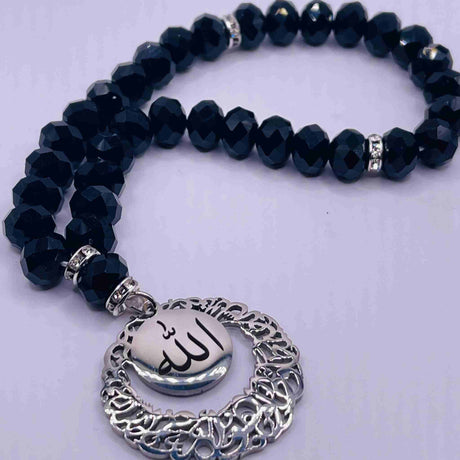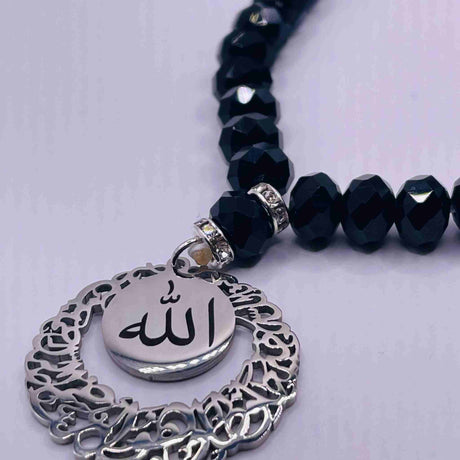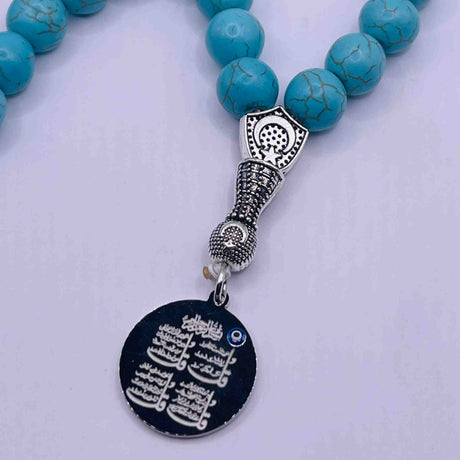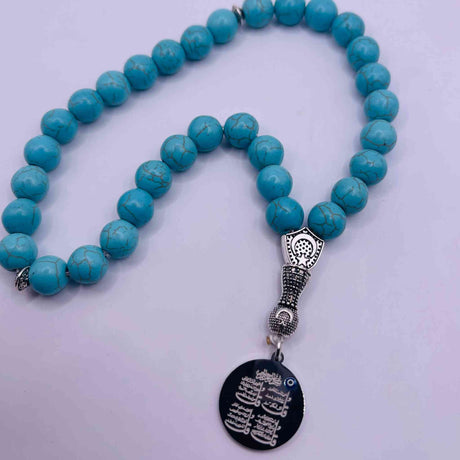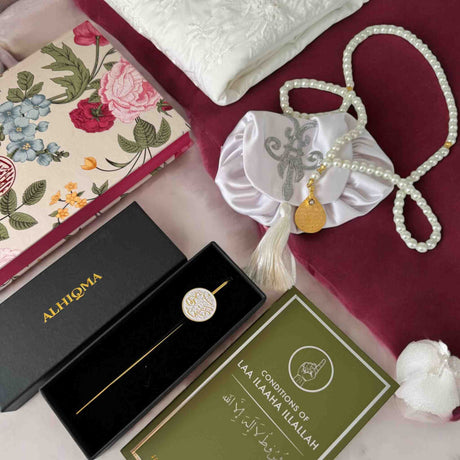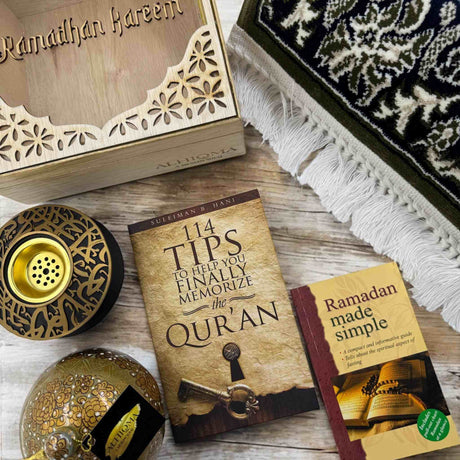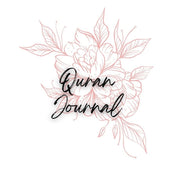Key Takeaways:
- Comprehensive Praise: The recitation includes praising Allah's greatness, His uniqueness, and His sovereignty over life and death.
- Seeking Forgiveness: It concludes with seeking forgiveness from Allah, emphasizing the importance of repentance.
- Supplication: Making dua after obligatory prayers is a highly recommended practice, believed to be a time when prayers are more likely to be answered.
When the number of Takbir is complete, continue Dhikr with the subsequent reading:
Allahu akbar kabiraw wal hamdulillahi kasiro wa subhanallahi bukrotaw wa ashila, Laa ilaha illallahu wahdahu laa syarikalah, lahul mulku walahul hamdu yuhyi wa yumitu wahuwa ‘alaa kulli syai-in qodir wa ilaihil masirr, wa laa haula wala quwwata illa billahil ‘aliyyil ‘azim, astagfirullahal ‘aziim.
الله أكبر كبيرًا، والحمد لله كثيرًا، وسبحان الله بكرةً وأصيلًا، لا إله إلا الله وحده لا شريك له، له الملك وله الحمد، يحيي ويميت وهو على كل شيء قدير، وإليه المصير، ولا حول ولا قوة إلا بالله العلي العظيم، أستغفر الله العظيم.
God is great, and praise is to Allah. Glory to God in the morning and evening. There is no god but Allah, the One, and there is no fellowship with something. To Him, the government, to him all praise. He gives life and causes death. He is the Almighty over all things, and to Allah is the return. There is no power and no strength, except with the help of Allah the Highest and the Greatest. I beg forgiveness from God.
After completing the dhikr recitation, let's make a supplication (dua) to Allah.
Dua after obligatory prayers is one of the times when prayers are more likely to be answered.
Visit our Collection to see all of the Islamic items we have to offer to help you on your spiritual path.
Read all our blogs to gain insights to some of the important lessons from the Quran.
Frequently Asked Questions:
Q: What is the significance of the phrase recited after completing Takbir?
A: This phrase is a comprehensive form of Dhikr, which includes praising Allah's greatness, acknowledging His sovereignty, and seeking His forgiveness. It serves as a reminder of Allah's power and mercy.
Q: Why is making dua after obligatory prayers important?
A: Making dua after obligatory prayers is important because it is a time when prayers are more likely to be answered. It allows believers to seek Allah's help, guidance, and blessings in their lives.
Q: How does this recitation enhance a believer's spiritual life?
A: This recitation enhances a believer's spiritual life by reinforcing the concepts of gratitude, repentance, and the omnipotence of Allah. It helps in maintaining a constant connection with Allah through praise and supplication.
Q: Can this form of Dhikr be performed at times other than after prayers?
A: Yes, this form of Dhikr can be performed at any time. It is particularly beneficial during moments of reflection, gratitude, or when seeking spiritual strength and forgiveness.
Q: What are the benefits of incorporating Dhikr and Dua into daily practice?
A: Incorporating Dhikr and Dua into daily practice helps cultivate a closer relationship with Allah, providing spiritual tranquility, fostering a sense of peace, and ensuring a constant state of remembrance and mindfulness of Allah.






